Hello! Today, we're diving deep into Taiwan Semiconductor Manufacturing Company (TSMC), a prominent name in the semiconductor industry. With the technological landscape ever evolving, TSMC stands as a beacon of innovation and growth, making it an intriguing investment opportunity for many. In this article, we'll dissect key aspects of the company, from its recent news and strategic initiatives to its core business operations and financial fundamentals. By the end, we aim to ascertain whether TSMC is overvalued, fairly valued, or undervalued.
Recent Developments and Strategic Investments
TSMC recently unveiled a monumental $165 billion investment plan for constructing five fabrication facilities in Arizona, USA. This endeavor highlights TSMC's commitment to bolstering its manufacturing capabilities and establishing a presence closer to its U.S. clientele. While the timeline for these projects remains unclear, this substantial capital expenditure raises questions about the company's cash flow. Specifically, can TSMC sustain this investment without undermining its financial health? We'll explore this further in our analysis.
TSMC's Core Business: Manufacturing Computer Chips
TSMC is a powerhouse in the semiconductor sector, specializing in manufacturing computer chips for an impressive roster of billion-dollar companies. Notable clients include AMD, Amazon Web Services, Broadcom, Intel, Nvidia, Qualcomm, and Sony. Additionally, Apple, Microsoft, and Google—leaders in AI and cutting-edge technology—frequently rely on TSMC for custom chips. The strategic significance of TSMC's upcoming U.S. facilities cannot be overstated, particularly as AI-driven demand continues to soar. With its position as one of the largest and most efficient chip manufacturers globally, TSMC is well-positioned to capitalize on this trend.
Market Metrics and Financial Fundamentals
TSMC is currently trading at $176 per share, with a market capitalization of $916 billion and a beta of 1.25, indicating a volatility rating 25% higher than the broader market. Its price-to-earnings (P/E) ratio stands at 25, a reasonable valuation for a high-quality business of this caliber. Moreover, the company reported earnings per share (EPS) of $6.86, reflecting robust profitability.
Debt and Leverage
TSMC maintains a solid leverage position, with a debt level rising from $5.8 billion in 2015 to $28.2 billion in recent years. This upward trend in debt aligns with the company's increasing cash flow, which demonstrates their ability to manage financial obligations efficiently. Their worst debt payoff year required 3.3 years of cash flow, but the average stands at a commendable 1.6 years. In the latest year, their cash flow allowed them to pay off debt in just 1.1 years—a strong indicator of financial health. This reinforces TSMC's solid position for both operational flexibility and long-term planning.
Dividend Analysis
For income-focused investors, TSMC offers a quarterly dividend of $0.68 per share, paired with a sustainable payout ratio of 40%. This ratio underscores the company's ability to not only maintain current dividend levels but also grow payouts over time. With a sub-50% payout ratio, TSMC balances providing income to shareholders while retaining significant room for reinvestment and future dividend growth. This aligns with long-term growth-oriented investment strategies, making the stock particularly attractive to older investors seeking reliable income streams.
Economic Value Added (EVA)
TSMC demonstrates exceptional returns on capital, averaging a robust 24% over the past five years compared to a weighted average cost of capital (WACC) of 7.8%. This results in a consistent EVA of approximately 16.25%, signifying strong operational performance and shareholder value creation. High returns relative to the cost of capital are a hallmark of efficient management and a competitive edge in the semiconductor industry.
Valuation and Upside Potential
With cash flow growth averaging 70% annually, TSMC presents impressive long-term potential. However, considering their upcoming heavy capital expenditures, a more conservative annual growth estimate of 35% over the next five years seems prudent. Using a discount rate of 10% (a standard benchmark for attractive investments) and a terminal value of 20 times free cash flow, the stock is estimated to have a fair value of approximately $247 per share. This suggests a 40% upside from the current price of $176.
Even under a more conservative scenario with lower growth estimates of 25%, TSMC still hovers around fair value, underscoring its quality as a long-term investment. This stability, combined with the company's strategic expansion into U.S. manufacturing, positions TSMC as a compelling opportunity for investors. High-quality investments often command a premium, and in this case, paying fair value for a business of this caliber can yield substantial returns over time.
Conclusion: A Quality Stock with Long-Term Promise
TSMC's strategic initiatives, consistent financial performance, and compelling valuation framework make it an excellent addition to a long-term investment portfolio. With its U.S. expansion set to bolster capacity and a promising growth trajectory in an increasingly tech-driven world, TSMC stands out as a stock worth considering. As always, remember to perform your own due diligence before making investment decisions.
https://youtu.be/VhP9K6tjQvQ?si=ZVEWqe4IxoS5GKmj
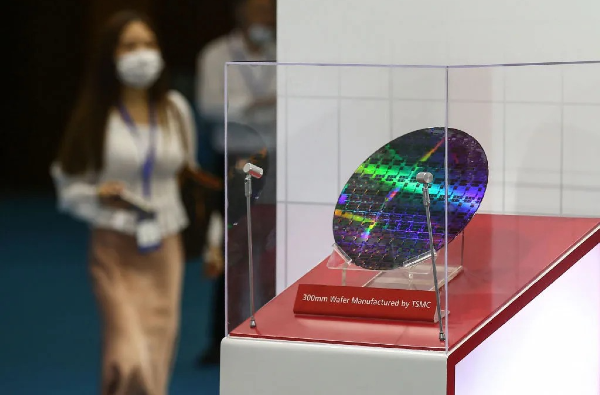






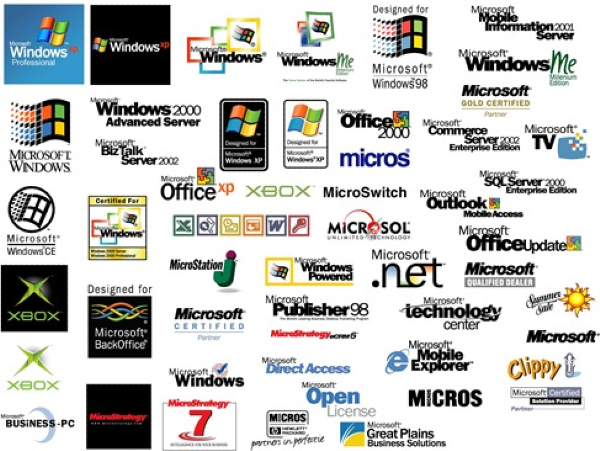





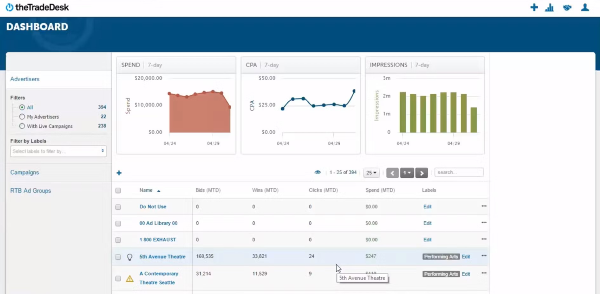
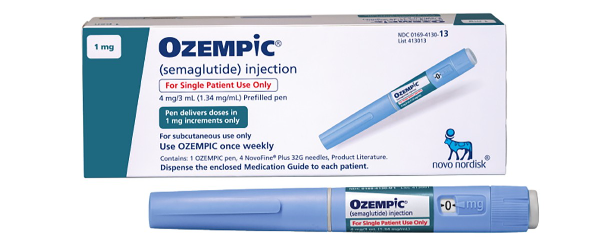
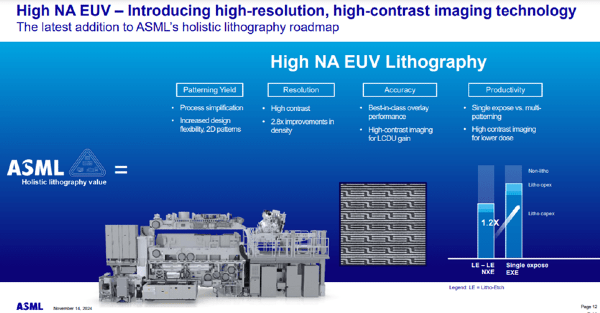
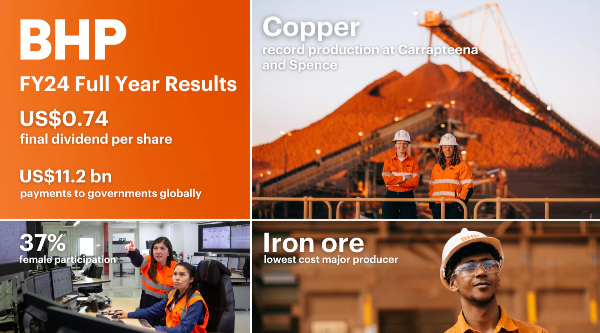
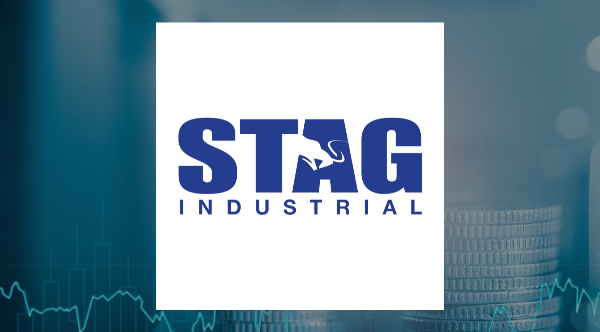


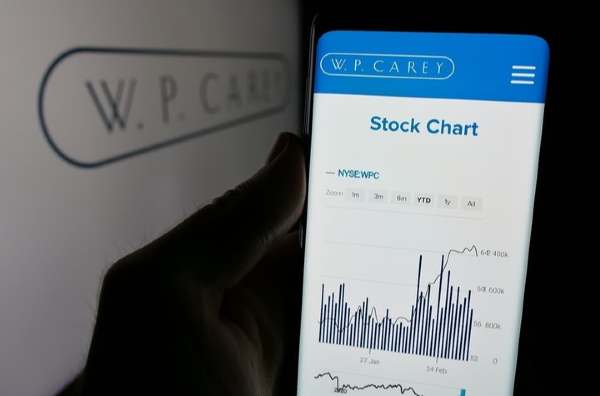

Hello! Today, we're diving deep into Taiwan Semiconductor Manufacturing Company (TSMC), a prominent name in the semiconductor industry. With the technological landscape ever evolving, TSMC stands as a beacon of innovation and growth, making it an intriguing investment opportunity for many. In this article, we'll dissect key aspects of the company, from its recent news and strategic initiatives to its core business operations and financial fundamentals. By the end, we aim to ascertain whether TSMC is overvalued, fairly valued, or undervalued.
Recent Developments and Strategic Investments
TSMC recently unveiled a monumental $165 billion investment plan for constructing five fabrication facilities in Arizona, USA. This endeavor highlights TSMC's commitment to bolstering its manufacturing capabilities and establishing a presence closer to its U.S. clientele. While the timeline for these projects remains unclear, this substantial capital expenditure raises questions about the company's cash flow. Specifically, can TSMC sustain this investment without undermining its financial health? We'll explore this further in our analysis.
TSMC's Core Business: Manufacturing Computer Chips
TSMC is a powerhouse in the semiconductor sector, specializing in manufacturing computer chips for an impressive roster of billion-dollar companies. Notable clients include AMD, Amazon Web Services, Broadcom, Intel, Nvidia, Qualcomm, and Sony. Additionally, Apple, Microsoft, and Google—leaders in AI and cutting-edge technology—frequently rely on TSMC for custom chips. The strategic significance of TSMC's upcoming U.S. facilities cannot be overstated, particularly as AI-driven demand continues to soar. With its position as one of the largest and most efficient chip manufacturers globally, TSMC is well-positioned to capitalize on this trend.
Market Metrics and Financial Fundamentals
TSMC is currently trading at $176 per share, with a market capitalization of $916 billion and a beta of 1.25, indicating a volatility rating 25% higher than the broader market. Its price-to-earnings (P/E) ratio stands at 25, a reasonable valuation for a high-quality business of this caliber. Moreover, the company reported earnings per share (EPS) of $6.86, reflecting robust profitability.
Debt and Leverage
TSMC maintains a solid leverage position, with a debt level rising from $5.8 billion in 2015 to $28.2 billion in recent years. This upward trend in debt aligns with the company's increasing cash flow, which demonstrates their ability to manage financial obligations efficiently. Their worst debt payoff year required 3.3 years of cash flow, but the average stands at a commendable 1.6 years. In the latest year, their cash flow allowed them to pay off debt in just 1.1 years—a strong indicator of financial health. This reinforces TSMC's solid position for both operational flexibility and long-term planning.
Dividend Analysis
For income-focused investors, TSMC offers a quarterly dividend of $0.68 per share, paired with a sustainable payout ratio of 40%. This ratio underscores the company's ability to not only maintain current dividend levels but also grow payouts over time. With a sub-50% payout ratio, TSMC balances providing income to shareholders while retaining significant room for reinvestment and future dividend growth. This aligns with long-term growth-oriented investment strategies, making the stock particularly attractive to older investors seeking reliable income streams.
Economic Value Added (EVA)
TSMC demonstrates exceptional returns on capital, averaging a robust 24% over the past five years compared to a weighted average cost of capital (WACC) of 7.8%. This results in a consistent EVA of approximately 16.25%, signifying strong operational performance and shareholder value creation. High returns relative to the cost of capital are a hallmark of efficient management and a competitive edge in the semiconductor industry.
Valuation and Upside Potential
With cash flow growth averaging 70% annually, TSMC presents impressive long-term potential. However, considering their upcoming heavy capital expenditures, a more conservative annual growth estimate of 35% over the next five years seems prudent. Using a discount rate of 10% (a standard benchmark for attractive investments) and a terminal value of 20 times free cash flow, the stock is estimated to have a fair value of approximately $247 per share. This suggests a 40% upside from the current price of $176.
Even under a more conservative scenario with lower growth estimates of 25%, TSMC still hovers around fair value, underscoring its quality as a long-term investment. This stability, combined with the company's strategic expansion into U.S. manufacturing, positions TSMC as a compelling opportunity for investors. High-quality investments often command a premium, and in this case, paying fair value for a business of this caliber can yield substantial returns over time.
Conclusion: A Quality Stock with Long-Term Promise
TSMC's strategic initiatives, consistent financial performance, and compelling valuation framework make it an excellent addition to a long-term investment portfolio. With its U.S. expansion set to bolster capacity and a promising growth trajectory in an increasingly tech-driven world, TSMC stands out as a stock worth considering. As always, remember to perform your own due diligence before making investment decisions.
https://youtu.be/VhP9K6tjQvQ?si=ZVEWqe4IxoS5GKmj